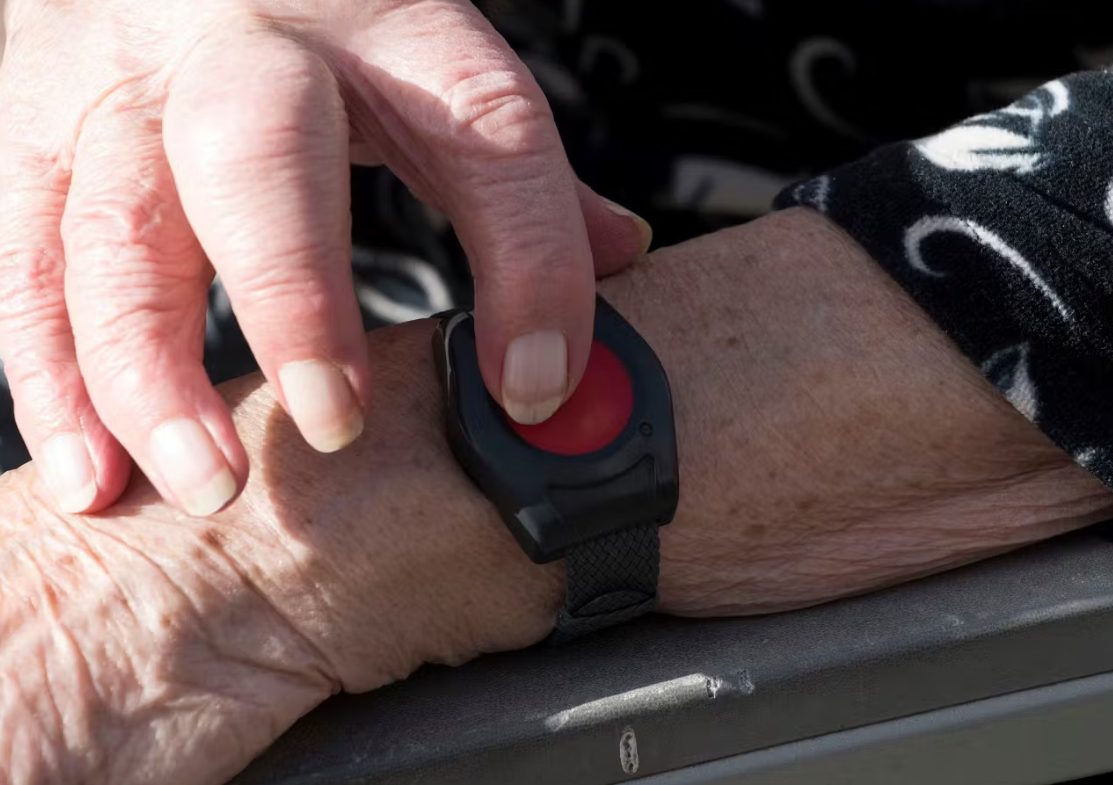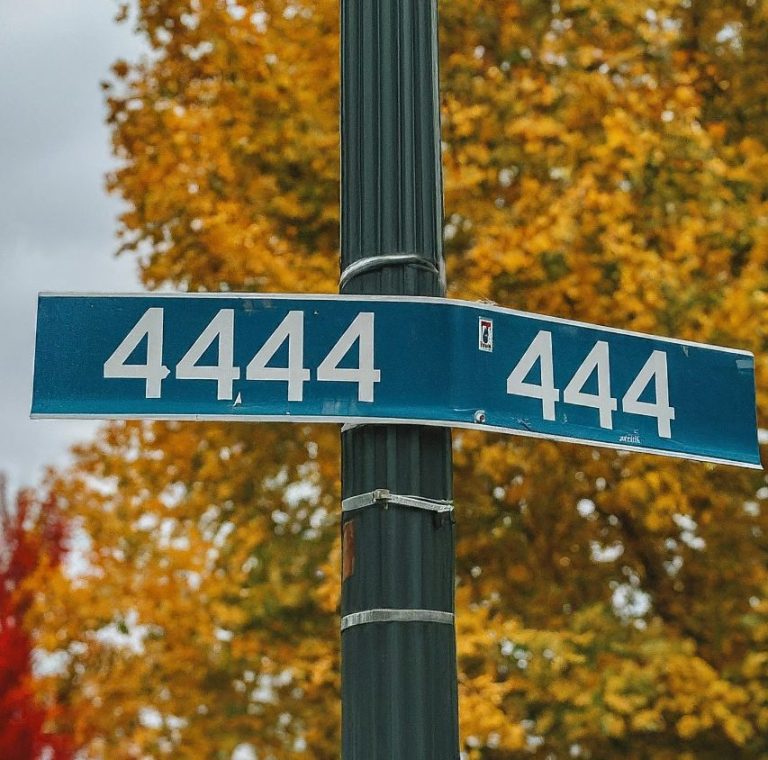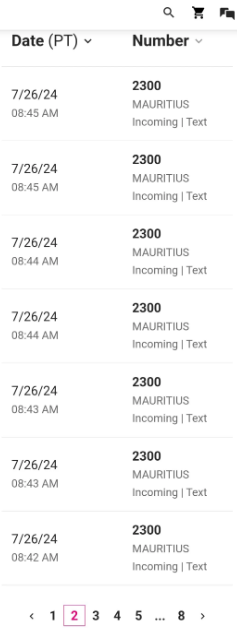Life Alert Medicare coverage is a topic of great interest for seniors and their families seeking peace of mind and security in their homes. Life Alert is a popular medical alert system that provides 24/7 emergency response services at the push of a button. Understanding how Medicare interacts with Life Alert can help individuals make informed decisions about their healthcare and safety.
Contents
Understanding Life Alert
What is Life Alert?
Life Alert is a personal emergency response system (PERS) that enables users to call for help in an emergency, such as a fall, medical issue, or home intrusion. The system typically consists of a base unit and a wearable help button. When the button is pressed, it sends a signal to a monitoring center, where trained professionals assess the situation and dispatch appropriate assistance.
Benefits of Life Alert
- 24/7 Emergency Response: Life Alert provides round-the-clock access to help, ensuring that users can get assistance whenever they need it.
- Peace of Mind: Knowing that help is readily available can provide seniors and their families with a sense of security and independence.
- Improved Safety: Life Alert can help prevent serious injuries or complications by enabling users to call for help quickly in an emergency.
- Reduced Hospitalizations: By facilitating timely medical intervention, Life Alert may help reduce the need for hospital stays.
Does Medicare Cover Life Alert?
Medicare and Medical Alert Systems
Generally, Original Medicare (Part A and Part B) does not cover the cost of medical alert systems, including Life Alert. This is because Medicare primarily focuses on medically necessary services and equipment. However, there are some exceptions and alternative options to consider.
Medicare Advantage Plans and Life Alert
Medicare Advantage (Part C) plans are offered by private insurance companies and may provide additional benefits beyond Original Medicare. Some Medicare Advantage plans may offer coverage for medical alert systems as a supplemental benefit. It is essential to review the specific plan details to determine if Life Alert or similar services are included.
Medicaid and Life Alert
Medicaid, a joint federal and state program that provides health coverage to low-income individuals, may cover the cost of medical alert systems in some states. Eligibility and coverage vary depending on the state’s Medicaid program. Individuals should contact their state Medicaid office for more information.
Other Options for Covering Life Alert
- Private Insurance: Some private health insurance plans may offer coverage for medical alert systems.
- Long-Term Care Insurance: Certain long-term care insurance policies may include benefits for medical alert systems.
- Veterans Benefits: Veterans may be eligible for assistance with medical alert systems through the Department of Veterans Affairs.
- Out-of-Pocket: If no other coverage options are available, individuals may need to pay for Life Alert out-of-pocket.
Factors to Consider When Choosing a Medical Alert System
- Cost: Compare the costs of different medical alert systems, including monthly fees, equipment costs, and any installation or activation fees.
- Features: Consider the features offered by each system, such as fall detection, GPS tracking, and two-way communication.
- Range: Ensure that the system’s range is adequate for your home and lifestyle.
- Monitoring Center: Research the monitoring center’s reputation and response times.
- Customer Service: Choose a provider with excellent customer service and support.
Tips for Seniors and Their Families
- Discuss your needs with your doctor: Talk to your doctor about your health and safety concerns and whether a medical alert system would be beneficial.
- Research different providers: Compare the features, costs, and customer reviews of different medical alert system providers.
- Read the fine print: Carefully review the contract and understand the terms and conditions before signing up for a service.
- Test the system regularly: Ensure that the system is working correctly and that you know how to use it in an emergency.
- Wear the help button at all times: Keep the help button on you at all times, even when you are at home.
Conclusion
While Life Alert Medicare coverage is not typically available through Original Medicare, there are other options for seniors and their families to explore. Medicare Advantage plans, Medicaid, private insurance, and veterans benefits may provide coverage for medical alert systems. Individuals should carefully research their options and choose a system that meets their needs and budget. By taking proactive steps to ensure their safety and well-being, seniors can enjoy greater independence and peace of mind in their homes.
Read More: OhioHealth University: Pioneering Healthcare Education and Innovation







